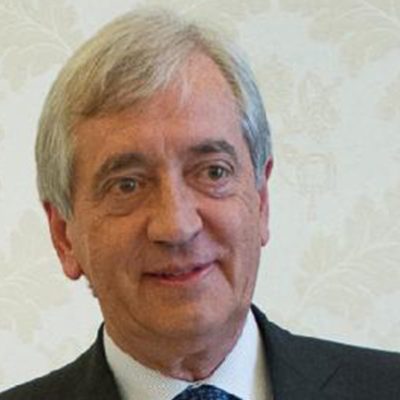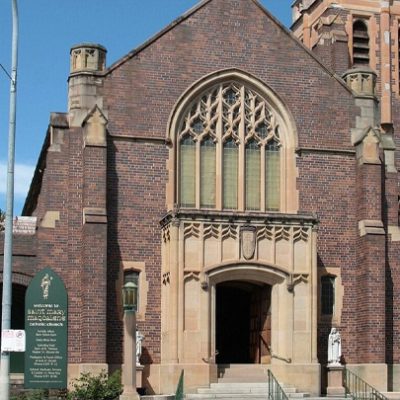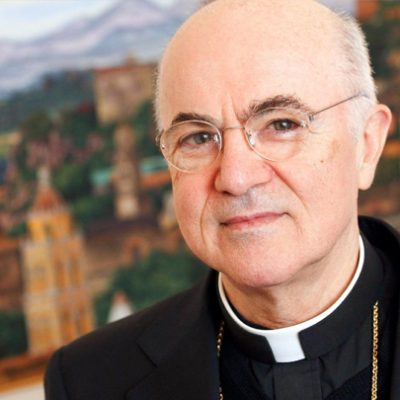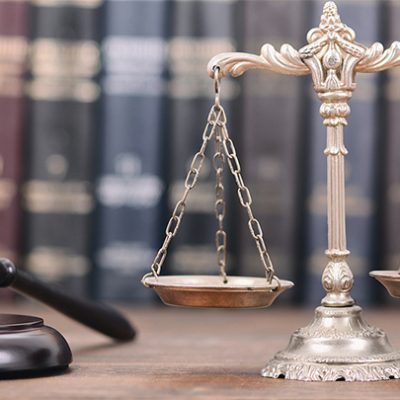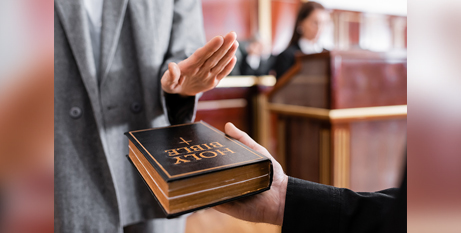
A new study has found that defendants who swear a secular affirmation are more likely to be found guilty by religious jurors than those who swear on a book of scripture like the Bible or Koran. Source: The Australian.
Juror bias over religious oaths should be investigated and potentially scrapped if a correlation between an affirmation and a guilty verdict is discovered, according to former Federal Court judge Tony Pagone KC.
“It certainly should be looked at,” said Mr Pagone, who was a Federal Court judge from 2013 to 2018. “Unconscious things play on your mind in a way they should not play on your mind.”
His comments follow international research from the University of London showing jurors who themselves take a religious oath are more likely to return a guilty verdict if the defendant takes a secular affirmation.
In the study, 1821 participants – including more than 600 nonbelievers – acted as jurors, watching a mock trial video. Overall, jurors who themselves swore an oath discriminated against defendants who gave affirmations.
The research, led by academics at the university’s Royal Holloway and published in The British Journal of Psychology, concluded that the religious oath was “an antiquated legal ritual that needs reform”.
Australia is one of few countries that permits witnesses to opt for a secular version of the mandatory declaration.
Former High Court judge Kenneth Hayne said that for some people a religious oath is the “only way they would see their promises as binding”.
While the researchers described the results as “small”, they said “small effects can have substantial consequences, particularly when considered at scale and over long time periods”.
FULL STORY
Religious jurors more likely to find secular defendants guilty (By Ellie Dudley, The Australian)



